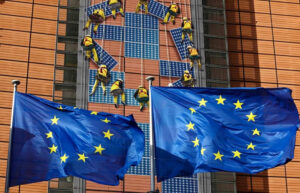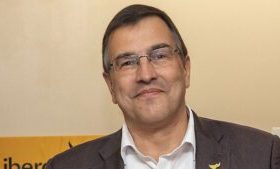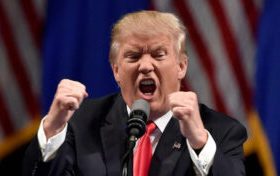BRUSSELS – Hungarian Prime Minister Viktor Orban on Thursday opposed the European Union giving Ukraine 50 billion euros in aid, and his Slovak counterpart cited corruption in expressing reservations over extending new financial support to Kyiv.
The two spoke at a summit of the EU’s 27 national leaders, who highlighted diverging priorities in a first debate on where to put money from their shared budget in the next four years.
Mr. Orban drew criticism from some of his peers at the summit for having met Russian President Vladimir Putin in China this month as Moscow wages a war against Ukraine and the European Union is shunning the Kremlin.
The EU is due to decide in December on a revision of its 2021-27 budget worth 1.1 trillion euros ($1.2 trln), which is already strained by emergency spending during the COVID pandemic and since Russia invaded Ukraine in 2022.
The bloc’s executive proposed that member states chip in more to the shared coffers to provide 50 billion euros to Ukraine and spend another 15 billion euros on migration. Another proposal would allocate 20 billion euros in military aid for Ukraine.
Budgetary decisions require unanimity and divisions were on display on Thursday.
Mr. Orban said Hungary would not back more aid for Ukraine unless it saw “a very well-justified proposal”.
“The one in front of us … that’s not going to work. So, for the time being, we will reject that as well and we will see where we get in December,” he said.
Mr. Orban’s comments came as Budapest is trying to unlock billions in aid envisaged for Hungary in the EU budget but blocked by the executive European Commission over rule-of-law concerns.
Slovakia’s Robert Fico – in Brussels a day after being appointed prime minister for the fourth time – said Bratislava would no longer support Ukraine militarily.
“We will only concentrate on humanitarian aid,” Mr. Fico wrote on social media from Brussels.
Mr. Fico cited endemic corruption in warning against providing new resources to Kyiv, according to two EU diplomats briefed on the leaders’ closed-door discussions.
Other states in eastern Europe disagreed, with Lithuanian President Gitanas Nauseda saying the proposed 50 billion euros for Ukraine was not enough.
Estonian Prime Minister Kaja Kallas said that – beyond supporting Ukraine – joint expenditure should grow for improving EU defence capabilities.
CASH CALL
Belgian Prime Minister Alexander De Croo backed continued support for Ukraine but also called on the Commission to make better use of the cash in its own coffers.
“What is on the table today is unacceptable for us,” he said.
“We ask the Commission and other institutions to look at their own funds and look at the funds that are not being fully used … instead of asking the member states for bigger contributions.”
Summit chairman Charles Michel said after the talks some new spending might be financed through fresh contributions, and some could come from reshuffling resources in the budget.
In the south, Greece pleaded for more money for migration as the bloc is pushing to tighten its external borders and reduce unauthorised arrivals from the Middle East and Africa.
“Greece is a country of first reception and needs more European support to deal with the immigration problem,” said the Greek premier, Kyriakos Mitsotakis.
Ireland’s Leo Varadkar added investments in EU competitiveness to the long list of conflicting priorities.
“Where that money is found of course will be a matter of significant debate,” he said. – Reuters







